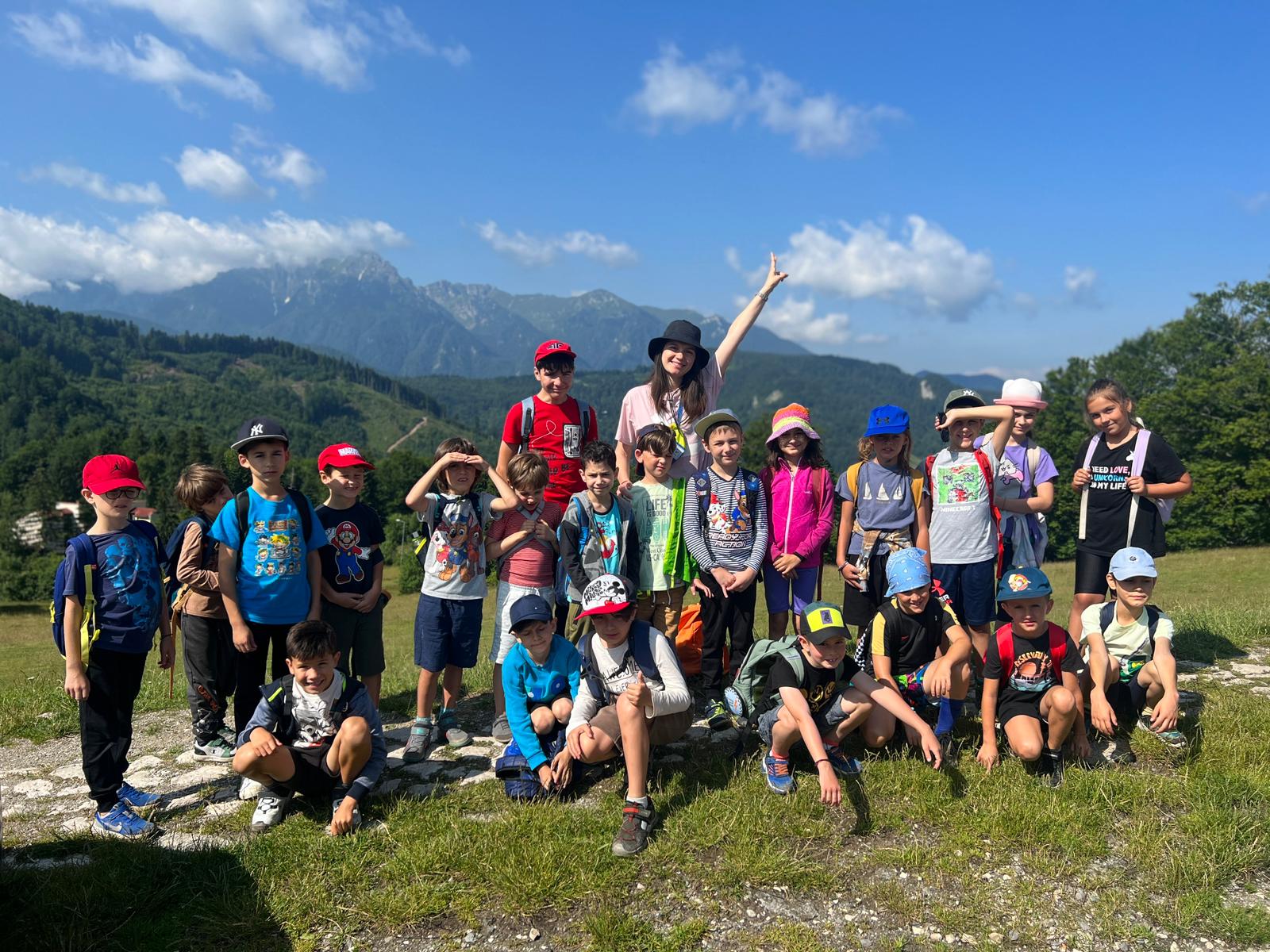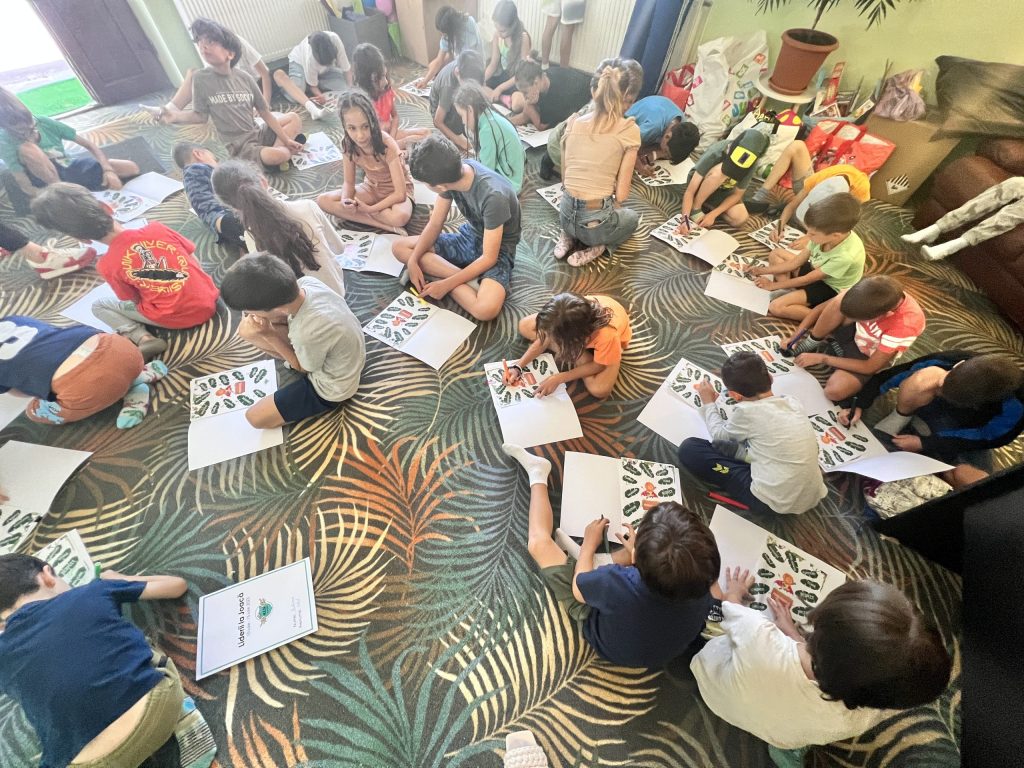
Guidelines for parents' behavior when children go to camp
The child goes to camp, what do I do? Have I packed all the bags? Is he having fun, is he feeling good? Should I call him again? Is he eating? Rests?
All of these thoughts are natural, especially when your child goes to camp for the first time. Summer camps offer a multitude of opportunities for children to grow, learn and create lasting memories. As parents, it is critical that we understand our role in supporting our children's experiences at camp. In this article, we will explore the importance of parenting behavior and provide guidance on how parents should behave when their children go to summer camp.
1. It is important to encourage independence
One of the main goals of summer camps is to encourage children's independence and self-confidence. Even though it is challenging even for us to know that the little ones are not at home, once the decision to embark on this experience is made, it must be respected. As parents, it is essential to encourage and support our children's independence during their camp experience. This means allowing them to take responsibility for their own decisions, solve problems for themselves and learn from their own mistakes. Resist the temptation to over-intervene or micromanage their activities, as this can undermine their sense of autonomy.
2. Open communication
It is essential to keep open lines of communication with your child while at summer camp, but these lines of communication should be accompanied by healthy boundaries. The child is in full activity and needs to enjoy this experience, not be tied to the cell phone to appease the parent on the other end. Before leaving, discuss expectations, camp rules, and any concerns they may have. Camp provides a valuable space for growth and comes with many lessons, fun, and uncomfortable emotions (awkward but natural). It is essential not to burden the experience for the little ones by declaring how much we miss and how hard it is without them at home. It is their process, but also ours.

3. Trust in the organizers and trainers of the camp
The camps are organized by people with passion, energy and experience in the field, who have the necessary training to ensure the safety and well-being of children. The more the relationship between parents and trainers is open and based on trust, the more smooth and natural the children's experience will be.
4. Support, curiosity and encouragement
During the time spent at the camp, the child can meet new challenges, make new friends or discover hidden talents. As parents, it is important to support and encourage the growth of the little ones, asking questions, giving space to express and manage.
5. The reunion
When your child returns from summer camp, he or she will likely have many stories to share and experiences to process. We need to give them space and actively listen, engage in meaningful conversations about their time at camp, activities and stories. It is valuable to build the space together to express any emotions they may be experiencing, as the transition back to everyday life can sometimes be difficult.
Summer camps provide children with an opportunity for personal growth, independence, and building lasting memories. As parents, our role during this time is crucial. By encouraging independence, maintaining open communication, trusting and supporting the camp staff, we can ensure that our children have a satisfying and rewarding summer camp experience. Remember, the lessons and experiences they gain at camp will shape their growth and development for years to come.
Tag:camp, summer camp
